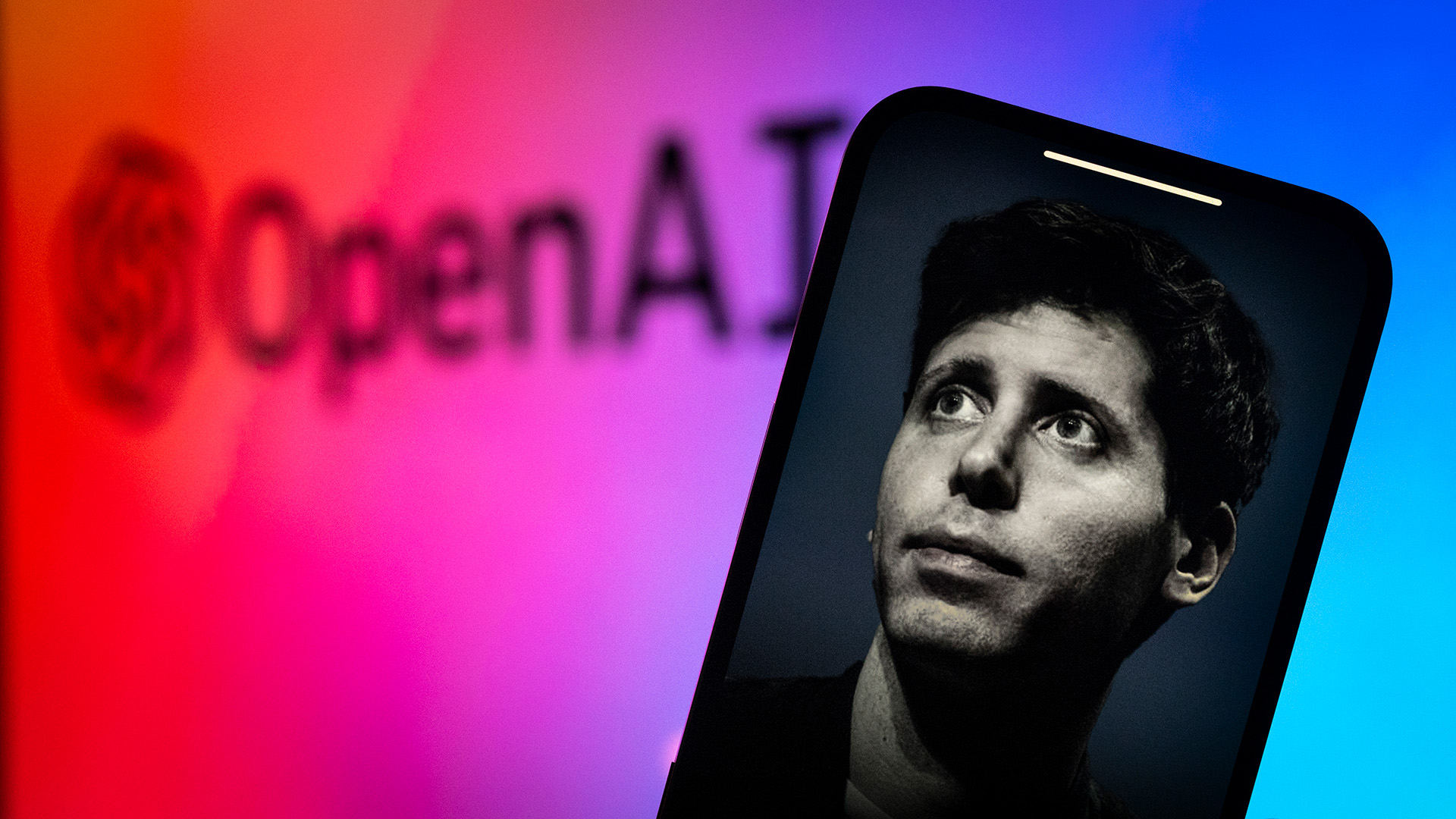
ChatGPT has come a long way since it first launched in 2022, from having hallucinations and generating outrightly wrong responses to becoming an overnight sensation on social media courtesy of the viral Ghibli memes.
OpenAI CEO Sam Altman claims ChatGPT is already more powerful than any human who has ever lived. However, he recently raised concerns over the high degree of trust people have in the AI-powered chatbot, citing that it's prone to hallucinating. "It should be the tech that you don't trust that much," added Altman.
More recently, the executive painted an interesting vision for a future version of ChatGPT (via Barchart). He claimed that the tool “will be running all the time, it'll be looking at all your stuff, it'll know when to send you a message, it'll know when to go do something on your behalf.”
The scenario sort of reminds me of Microsoft's controversial Windows Recall feature. While the AI-powered tool's availability is limited to select users and is currently rolling out in waves, it lets users capture everything they are doing on the Copilot+ PCs using snapshots. It then stores the data securely in triage for future reference.
Altman's vision also paints a picture of a spruced-up version of ChatGPT that casts its net wide beyond basic text-based prompts and image generations. As we venture into the agentic AI era, tools like ChatGPT and Microsoft Copilot are seemingly becoming more functional and assuming companion-like roles in our lives.
Current computers might not support the future version of ChatGPT

However, Sam Altman admitted, "Current computers were designed for a world without AI." This is after previously claiming that the AI revolution won't require new hardware. Interestingly, he claimed that users would be happy to have a new device if it did.
The executive attributed his claims to the ever-changing world, especially as AI becomes more prevalent, suggesting that software and hardware needs will shift to "something that's way more aware of its environment and that has more context in your life."
However, this vision is heavily dependent on the final outcome of the ongoing for-profit tussles between Microsoft and OpenAI, which is relatively time-sensitive and could risk losing substantial funding from investors, including SoftBank.
Microsoft is reportedly holding back the transition to protect its best interests, including its $13 billion investment. The tech giant reportedly wants a bigger portion of the new Public Benefit Corporation (PBC), which is way above what OpenAI is willing to offer.
A separate report suggests that Microsoft is willing to walk away from the ongoing high-stakes for-profit negotiations and ride out the partnership through 2030 as is. However, OpenAI could prematurely declare AGI (artificial general intelligence) to sever its ties with Microsoft earlier than expected by shipping an AI coding assistant that supersedes the capabilities of a human programmer.
As you may know, coding is among the first careers predicted to be on AI's chopping block. NVIDIA CEO Jensen Huang predicted that the profession might already be dead in the water, steering the next generation to alternative paths, including manufacturing, farming, and biology.
Microsoft co-founder Bill Gates claimed that AI will replace humans for most things except energy experts, biologists, and coders. He claimed that the professions would survive the AI revolution because they are too complex to fully augment using AI.
It'll be interesting to see how Microsoft could approach this issue if OpenAI moves forward with its plans. It would most likely lead to legal battles that could trap the tech companies in the corridors of justice for years. That's if ChatGPT hadn't already destroyed the world and ended humanity.







